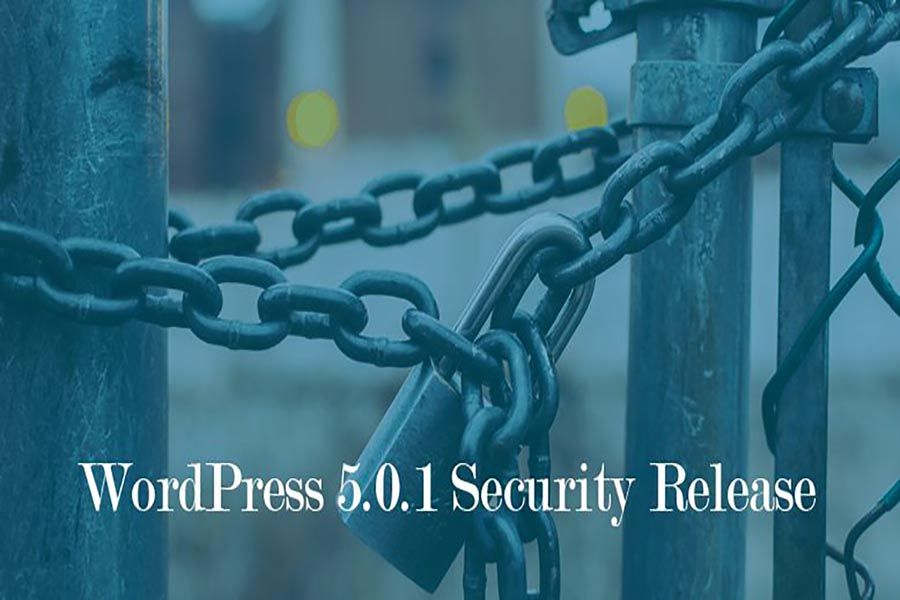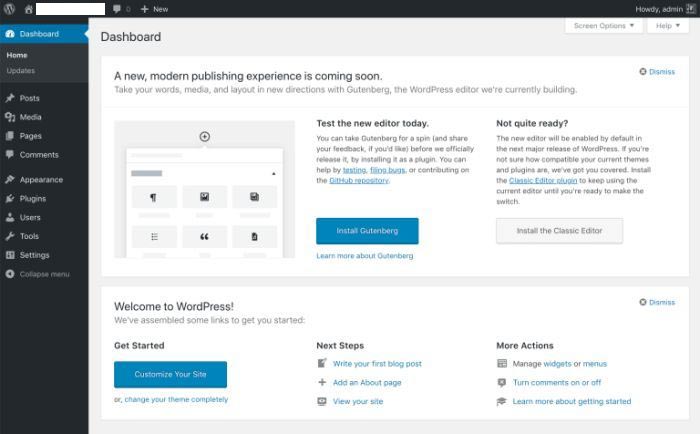
WordPress 5.0.1 Security Release is Now Available for Download!
These bugs include a discovery that authors could alter meta data to delete files that they weren’t authorized to, a second discovery that authors could create posts of unauthorized post types with specially crafted input which could be used to take over a site.
Also, Apache-hosted sites could upload specifically crafted files that bypass MIME verification, leading to a cross-site scripting vulnerability.
WordPress version 5.0 and earlier are affected by below-mentioned 11 security issues. Updated versions of WordPress 4.9 and older releases are also available for those who have not updated to WordPress 5.0 yet.
- Karim El Ouerghemmi discovered that authors could alter metadata to delete files that they weren’t authorized to.
- Simon Scannell of RIPS Technologies discovered that authors could create posts of unauthorized post types with specially crafted input.
- Sam Thomas discovered that contributors could craft metadata in a way that resulted in PHP object injection.
- Tim Coen discovered that contributors could edit new comments from higher-privileged users, potentially leading to a cross-site scripting vulnerability.
- Tim Coen also discovered that specially crafted URL inputs could lead to a cross-site scripting vulnerability in some circumstances. WordPress itself was not affected, but plugins could be in some situations.
- Team Yoast discovered that the user activation screen could be indexed by search engines in some uncommon configurations, leading to exposure of email addresses, and in some rare cases, default generated passwords.
- Tim Coen and Slavco discovered that authors on Apache-hosted sites could upload specifically crafted files that bypass MIME verification, leading to a cross-site scripting vulnerability.
All the plugin authors are highly encouraged to read the 5.0.1 developer notes for information on backwards-compatibility.
Upgrading WordPress
If your sites are not configured to automatically upgrade, then go over to WordPress Dashboard → Updates and click “Update Now”. Sites that support automatic background updates are already beginning to update automatically.

This will update WordPress to the latest release… hope you enjoy it and stay tuned for more new and tutorials on installing and using WordPress to power your blogs and websites.


